News
Latest Stories in Planning & Development...
October 30, 2025
October 24, 2025
Latest Stories in Local News...
October 25, 2025
October 18, 2025
October 18, 2025
Latest Stories in Trends...
October 30, 2025
October 4, 2025
September 27, 2025
September 25, 2025
September 23, 2025
Latest Stories in Nevada Projects...
October 17, 2025
October 10, 2025
October 3, 2025
September 26, 2025
September 19, 2025
Latest Stories in Federal...
October 25, 2025
October 15, 2025
August 6, 2025
Latest Stories in Budget...
May 20, 2025
April 22, 2025
Latest Stories in People on the Move...
October 28, 2025
October 21, 2025
October 14, 2025
October 7, 2025
September 30, 2025
Latest Stories in Commercial Real Estate...
October 28, 2025
October 21, 2025
October 14, 2025
October 7, 2025
September 23, 2025
Latest Stories in Legal...
October 18, 2025
August 6, 2025
July 1, 2025
June 28, 2025
Latest Stories in Water...
August 20, 2025
April 15, 2025



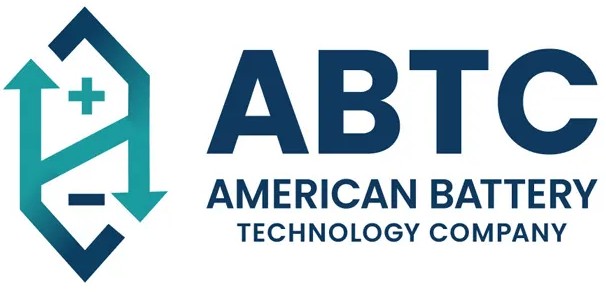
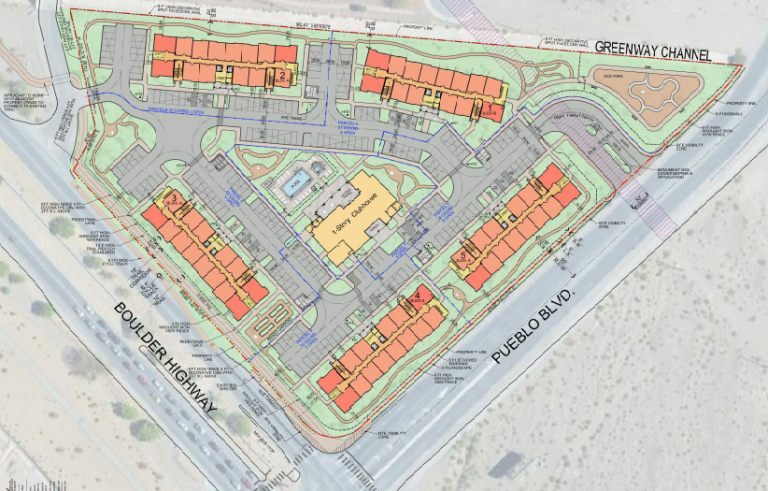
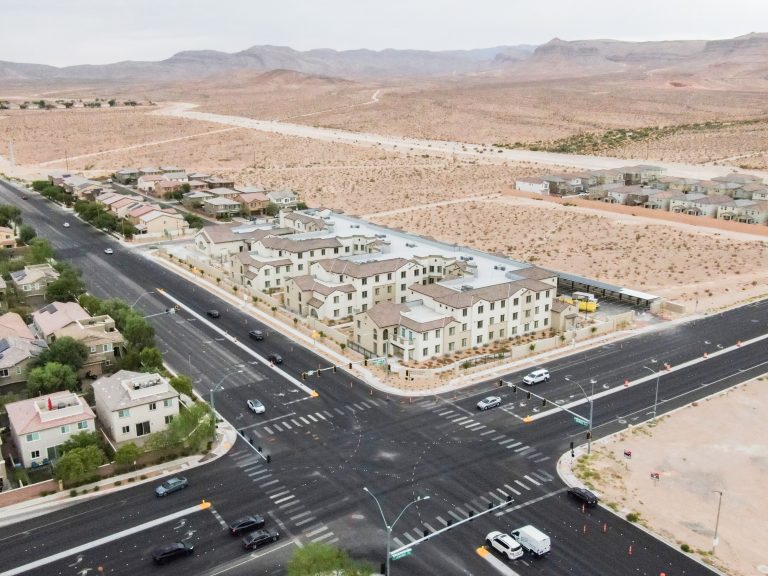

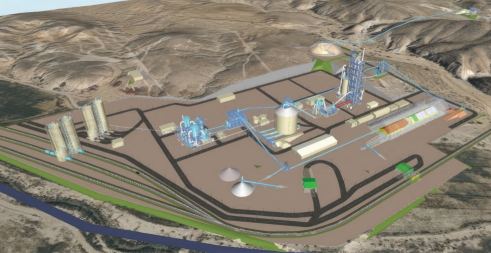

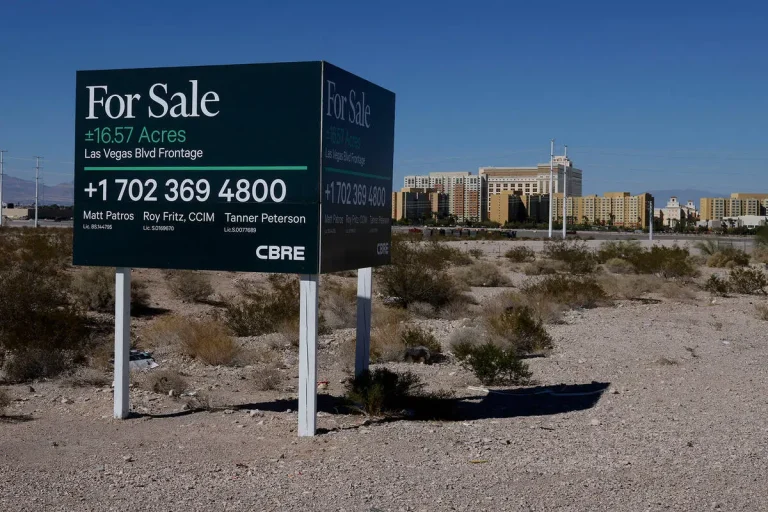

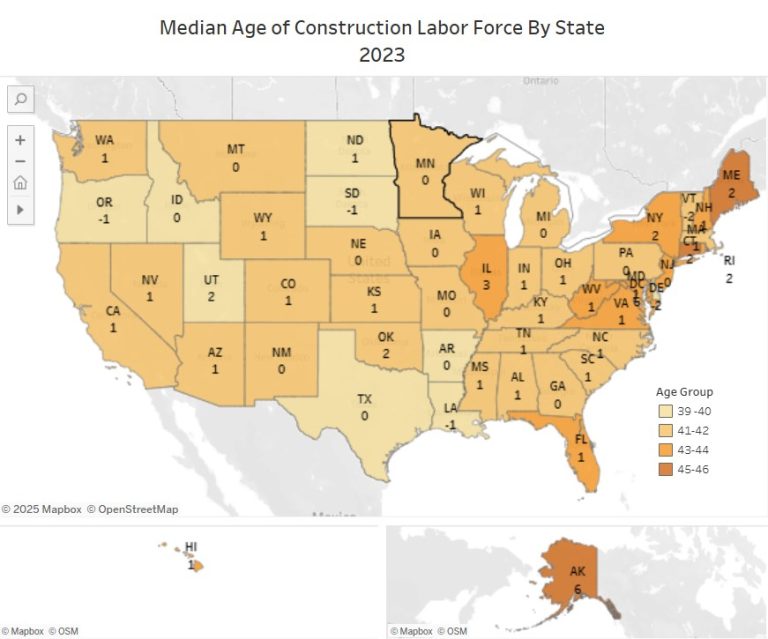
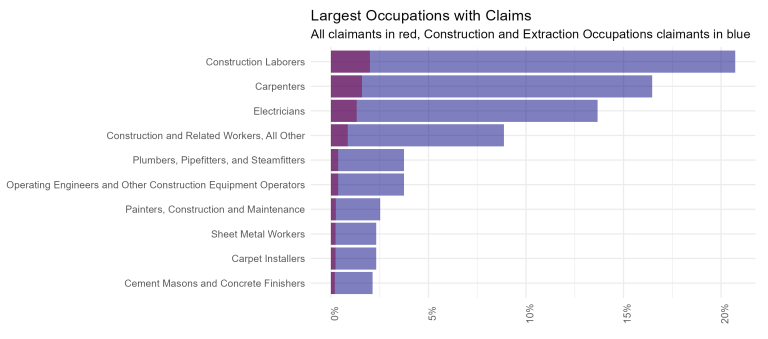
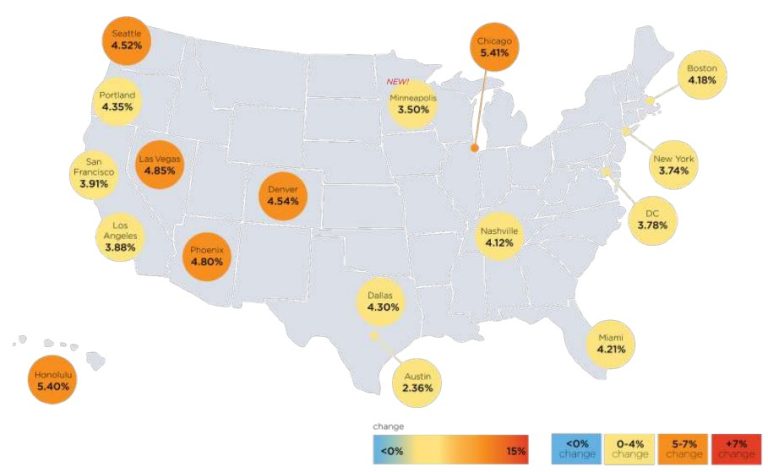
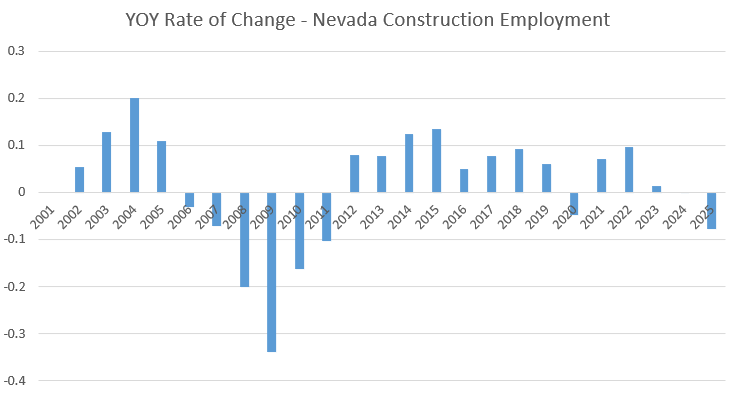
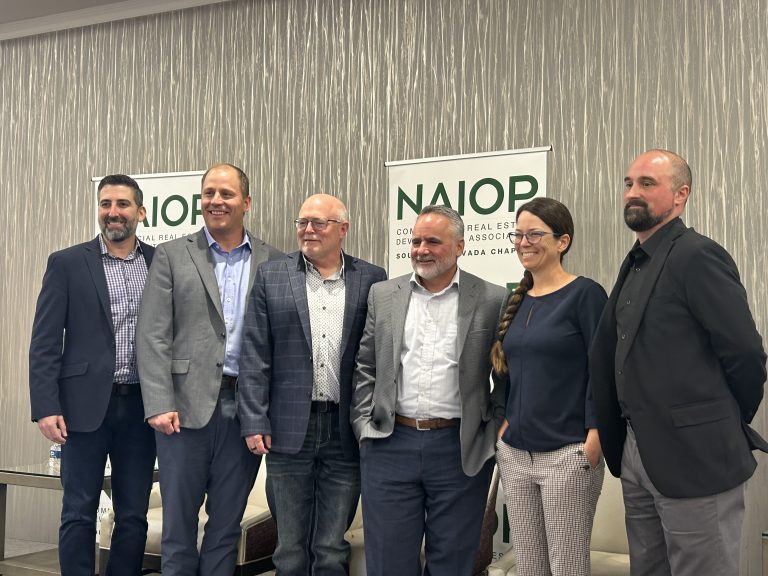
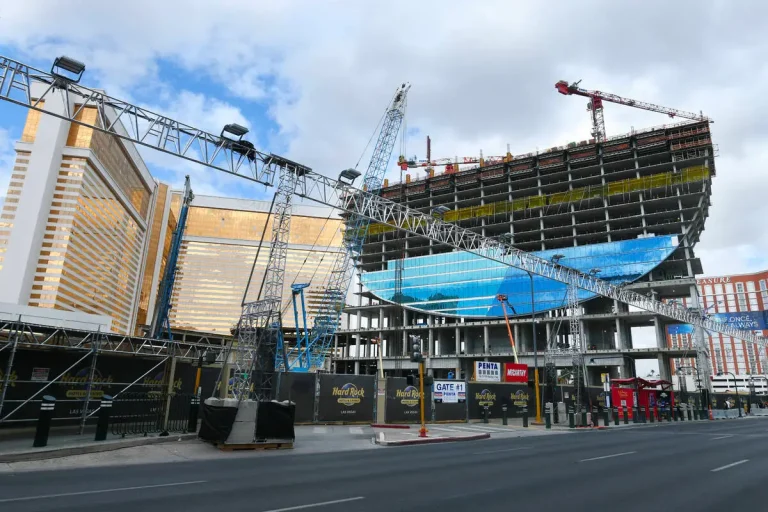
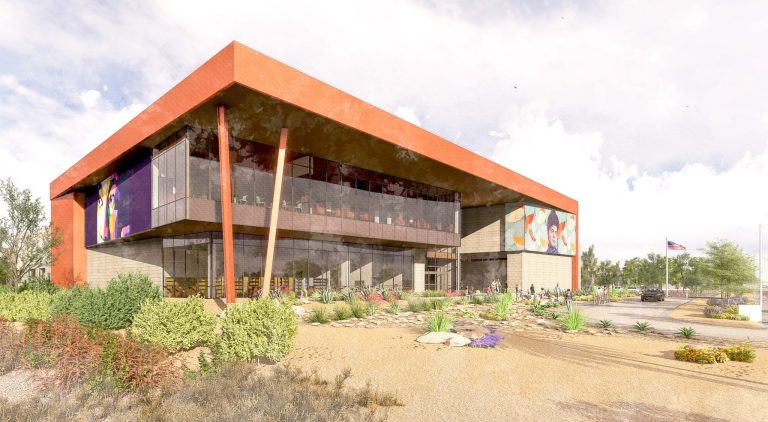



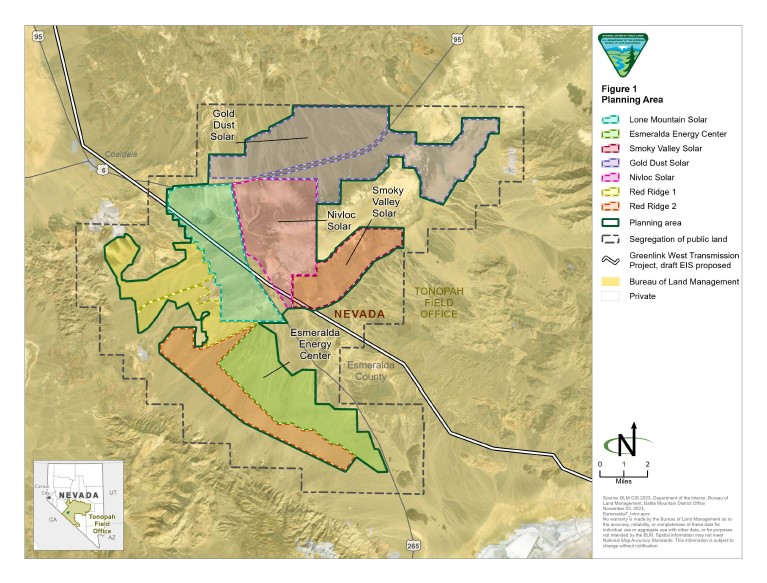

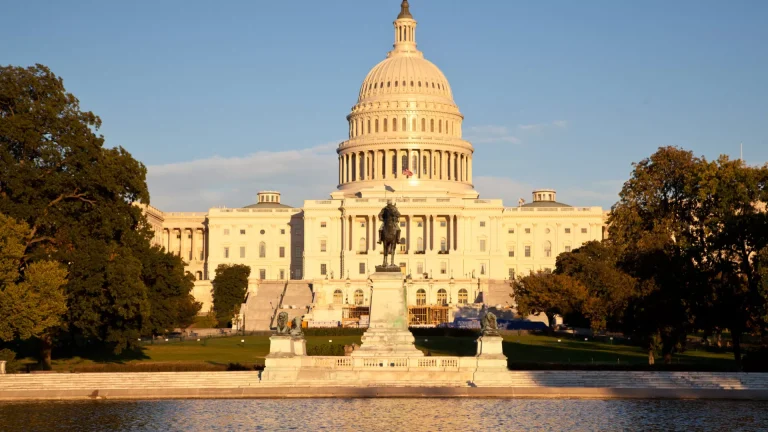


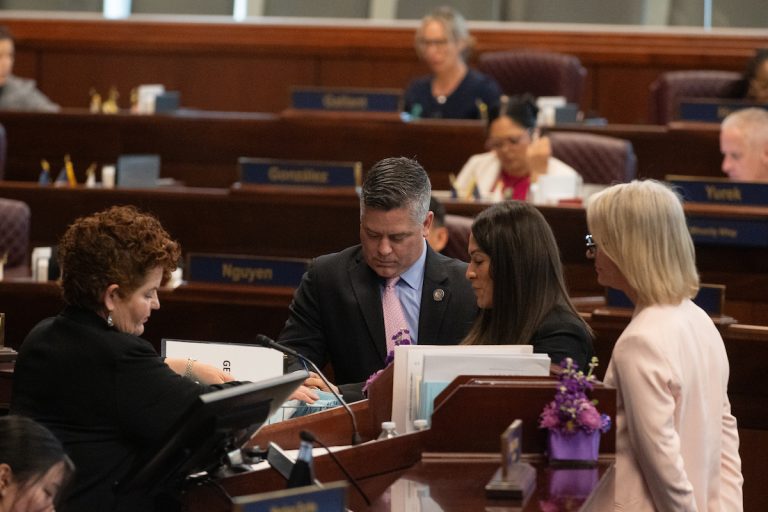

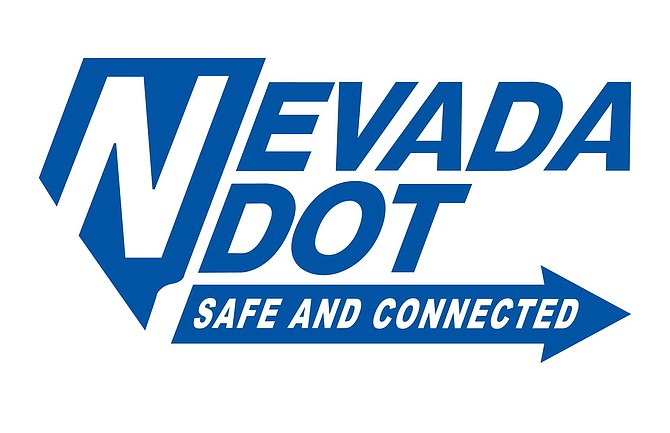

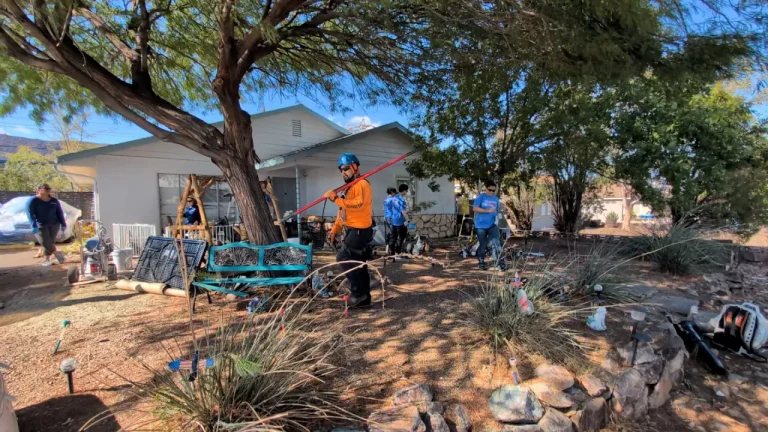

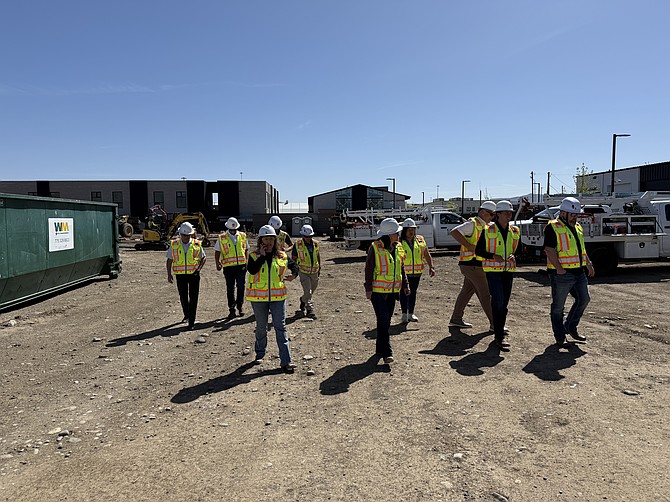
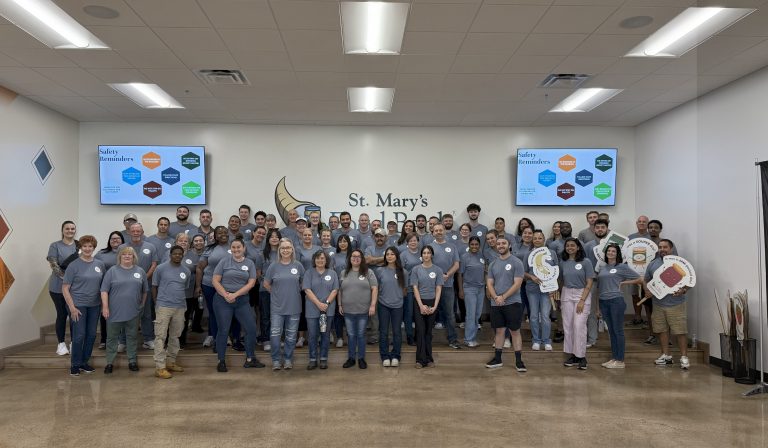





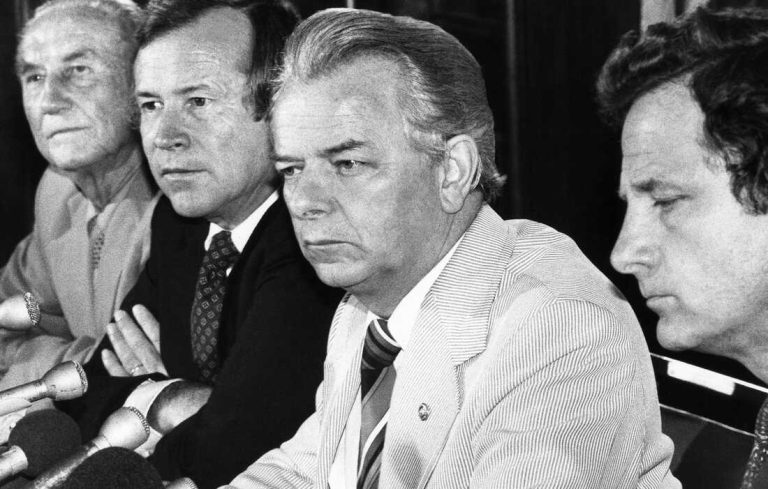





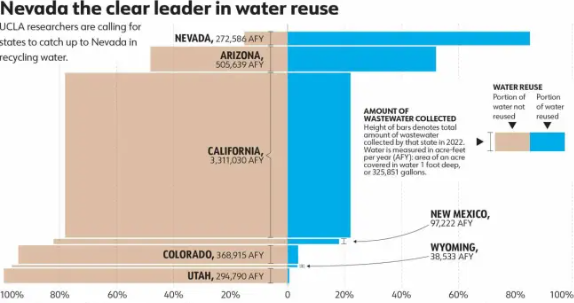

Federal DBE Interim Final Ruling Impacts NV Projects
Rebekah Morris
On Sept. 30, 2025, the U.S. Department of Transportation issued an Interim Final Ruling that de-certifies all current Disadvantaged Business Enterprises and Airport Concessions DBE, taking effect October 3, 2025.
The prior race- and gender-based presumptions of disadvantage are no longer in place. In other words, race and/or gender no longer automatically count as proof of disadvantage.
To remain in the program, every certified owner must submit a Personal Narrative and a current Personal Net Worth statement. The certifying agencies must then evaluate the resubmitted applications and make a determination of disadvantaged status.
It is important to note that the USDOT gave no guidance for what would qualify a firm as disadvantaged, but has clearly placed the responsibility for identifying disadvantaged status on the certifying agency.
Impacts to Nevada Projects
Projects impacted by this IFR include federally funded transportation and aviation projects. Not all transportation projects include federal funds that come with these project requirements.
As of October 23, BEX is counting three active Nevada Department of Transportation projects that were created with DBE goals, but have since been removed:
Agencies’ Response to Date
Three agencies in Nevada are certifying agencies: Harry Reid International Airport, NDOT, and Reno/Tahoe Airport. Collectively, the three agencies are part of the Unified Certification Program in Nevada.
As of press time, the webpages for these certifying agencies have no noticeable updates due to the IFR. Readers can view the DBE program pages at the following links for: Harry Reid International Airport, NDOT and Reno/Tahoe Airport.
Sunnie Braih, external civil rights officer/division chief, NDOT, explained the IFR is impacting current projects in that no enforcement of DBE goals on current projects will take place. Any current projects bidding will have the DBE goals reduced to 0.00%. He went on to say the Department encourages DBE participation on every project, whether there is a stated goal or not. He also said NDOT is waiting for definitive guidance from the Federal Highway Administration on what will qualify firms as disadvantaged so they may proceed with re-certification as the IFR dictates.
Sudden Changes to the Program Add Uncertainty
Typically, when big changes to long-standing federal programs happen, they are a result of a very long, drawn out, slow and methodical process. Impacted stakeholders—such as currently certified DBE firms, prime consultants and contractors that pursue projects with DBE goals, and agencies that are responsible for administering and reporting on project compliance—would normally have an opportunity to provide input and ideas on how to make the final rule most effective and practical. That did not happen with this IFR.
Instead, section III of the IFR states, “The Administrative Procedure Act generally requires agencies to provide the public with notice of proposed rulemaking and an opportunity to comment prior to publication of a substantive rule. However, 5 U.S.C. 553(b)(B) authorizes agencies to publish a final rule without first seeking public comment on a proposed rule ‘when the agency for good cause finds (and incorporates the finding and a brief statement of reasons therefor in the rules issued) that notice and public procedure thereon are impracticable, unnecessary, or contrary to the public interest.’ DOT finds that providing advance notice and an opportunity to comment on these regulatory changes pertaining to the DBE and ACDBE programs would be impracticable, unnecessary, and contrary to the public interest.”
The IFR gives no criteria on what would qualify a firm as disadvantaged, aside from the statement that it must “demonstrate social and economic disadvantage based on their own experiences and circumstances without reliance in whole or in part on race or sex.”
What to Look for Next
According to a statement by adjacent Arizona Department of Transportation, “Until the reevaluation process is completed, recipients of federal transportation funds including ADOT and all subrecipients, may not update their overall goal, set any contract DBE goals on federally funded projects or count any DBE participation toward DBE goals.”
Looking further down the road, the federal DBE program is tied to the Surface and Aviation Authorization, the most recent being part of the broad Infrastructure Investment and Jobs Act of 2021. This expires Sept. 30, 2026. If the DBE program continues in any form, it will need to be part of the next reauthorization.
Lastly, there is a 30-day public comment period open. Interested parties may submit their comments here by Nov. 3.
City of Las Vegas Releases RFP for Symphony Park Mixed-Use
CCSD Plans to Redevelop Matt Kelly Elementary School
Planned 48-Story Non-Gaming Hotel to Make Long Awaited Appearance Before Clark County Zoning Commission
Las Vegas City Council to Consider Charter School Theater on July 16
VT1, LLC Requesting Extension for 104.8KSF Self-Storage Facility in Paradise
May Construction Employment Slightly Increases After April
Las Vegas City Council to Consider 50-Unit Apartment Complex on 0.7-Acre Site
Nevada Improves its ASCE Grade, Surpasses the U.S. Average
Clark County Zoning Commission to Consider Revival of Previously Approved Self Storage
Roman Catholic Archbishop Moves Forward with Planned 60KSF Church in Henderson
343-Unit Multifamily Development in Las Vegas Granted Time Extension
Chelsea Investment Corporation Proposing 120-Unit Affordable Apartment Complex in Sunrise Manor
Prospect Street Proposes 103.2KSF Medical Facility in Symphony Park
NHBC Planning 34KSF Medical Lab in Las Vegas Medical District
Clark County School District to Redevelop 72.9KSF Helen J. Stewart Special School in Paradise
Federal Government May Pull Funding from Plant Expected to Establish Domestic Lithium Supply
Nevada HAND Bringing 270-Unit Pueblo Pines Apartments to Henderson City Council
Nevada Projects 10-24-25
UNR Planning Public-Private Partnership Apartments in Downtown Reno
Durango Casino & Resort Seeking 152.3KSF Expansion
Henderson City Council Slated to Review Emerald Island Casino Expansion
Three-Building Industrial Project Planned in Unincorporated Clark County
StoneGate Master Plan Denial Reversed
Moapa West Master Plan Seeking Final Approval Next Month
Avision Development Partners Proposing 255-Unit Apartment Tower in Spring Valley